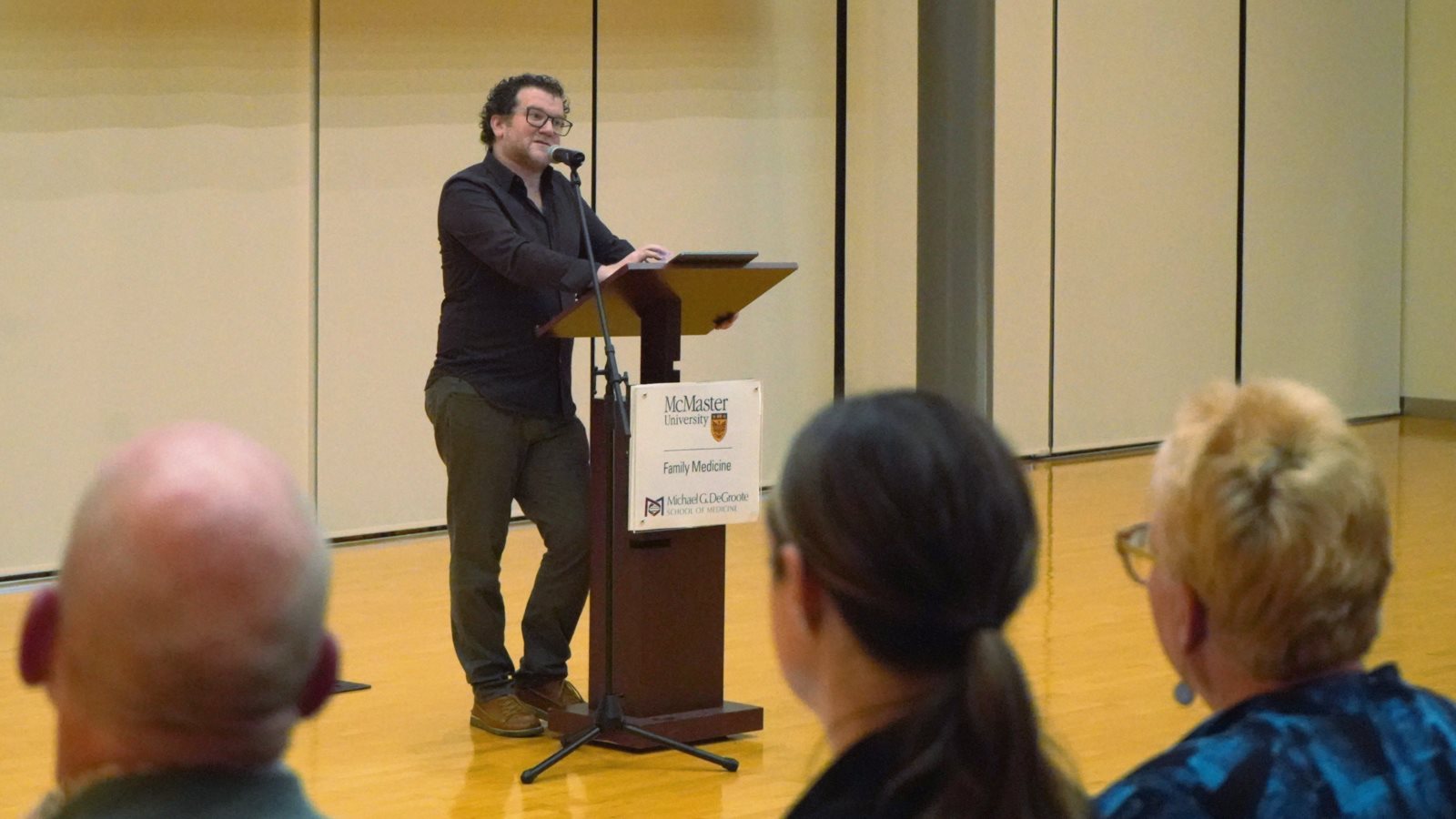Honouring National Indigenous Peoples Day

Today as we honour National Indigenous Peoples Day, we acknowledge that, as settlers, we are just at the very beginning of seeing, feeling and knowing the depth and breadth of all there is to honour in Indigenous People and Indigenous wisdom and ways. We also recognize, and express our immense gratitude for, the incredible courage, patience, resilience and emotional tenacity of Indigenous Peoples in staying open to relationship and to sharing truth with settlers who are in this early part of the learning and reconciliation journey when risk of hurt, even if unintended, is so high.
We embrace National Indigenous Peoples Day as a reminder of what we are called to every day as powerfully expressed in the Two-Row Wampum. We acknowledge with humility and sorrow how far from that treaty settlers have lived, at the cost to Indigenous Peoples of devastating pain and loss that continues today. We also receive with gratitude the invitation from Indigenous Peoples to rediscover and live the relationship as originally intended in peace, friendship and mutual respect. The first step is to turn with open hearts and minds to the truth of what has been as well as what can be, and to centre and listen deeply to the voices, experiences and wisdom of Indigenous Peoples. This deep listening must be supported by expanding self-awareness and learning to liberate our responses from the grips of colonialism.
Today, as we experience our individual and collective responses to the recent affirmation of the truth that Indigenous Peoples have been speaking for years – that so many more precious children were lost in residential schools than is known – we would like to centre the voices of two survivors of the Mohawk Institute Indian Residential School. We invite all members of our Department to come alongside them as you’re able to support them in their healing response and efforts to share the truth and honour all who attended the school. Heartfelt thanks to our colleague, Lorrie Gallant, for her presence in our Department and her devotion to truth-telling and supporting truth-tellers, amplifying their voices in so many ways, including through our Department’s offering of Indigenous Teaching Through Art. Here are Lorrie’s words:
Geronimo Henry (Memorial Wall):
Story from CBC News (Direct link to GoFundMe).
I have known Geronimo for a very long time. He has never stopped telling his story, he has always shared the pain of his experience, sometimes with anger, sometimes with laughter, sometimes with deep sadness. He carries an old suitcase filled with articles, pictures and books. I never know what he will share. He says he never knows what will come out either. I have told people his story so many times, because he’s story reveals so many layers of how he ended up in the residential school, and what happened while he was there, that he survived and what he took with him when he left hoping to leave it all behind. The place he wanted to run away from, the place he spent crying night after night hoping his mom would come and get him, has become a place of healing for him.
Roberta Hill (Memorial Park):
This story is just as important. Roberta and other survivors have been fundraising for a memorial park to be created at the former residential school grounds for a while now – https://mohawkvillagepark.com/. Roberta was the survivor that spoke to the second visit with the ITTA group along with Bud Whiteye.
Both of these projects will be on the grounds of the Woodland Cultural Centre, former Mohawk Institute Indian Residential School. Both are important to the survivors, those that came home and those that never returned, and both would appreciate support. I would use both of these to teach from. Both will be powerful.
We also encourage everyone to continue to explore books and other writings by Indigenous authors. Here is a link to a list of readings related to residential schools that Lorrie shared with us which was posted on Twitter on June 16, 2021 by angusandersen900 (@AndersenAngus). The book, “21 Things You May Not Know About the Indian Act” by Indigenous author Bob Joseph is also highly recommended. Finally, if you are interested in supporting an Indigenous-owned business while pursuing your learning, Lorrie has suggested https://goodminds.com/ which is located next to the Woodlands Cultural Centre and can also facilitate orders on-line.
With admiration and gratitude for each member of our Department, Indigenous and settler, who with open hearts and minds are taking these first vulnerable yet powerful steps together on the journey of truth and reconciliation. And to our Indigenous colleagues, our admiration and gratitude for you cannot be expressed in words; we are forever changed by your presence and seek to manifest that more and more in our words and actions as we deepen relationship together!
In honour of National Indigenous Peoples Day,
David Price, Department Chair
Tracey Carr, Executive Director
Related News
News Listing

November 8, 2024

October 1, 2024

